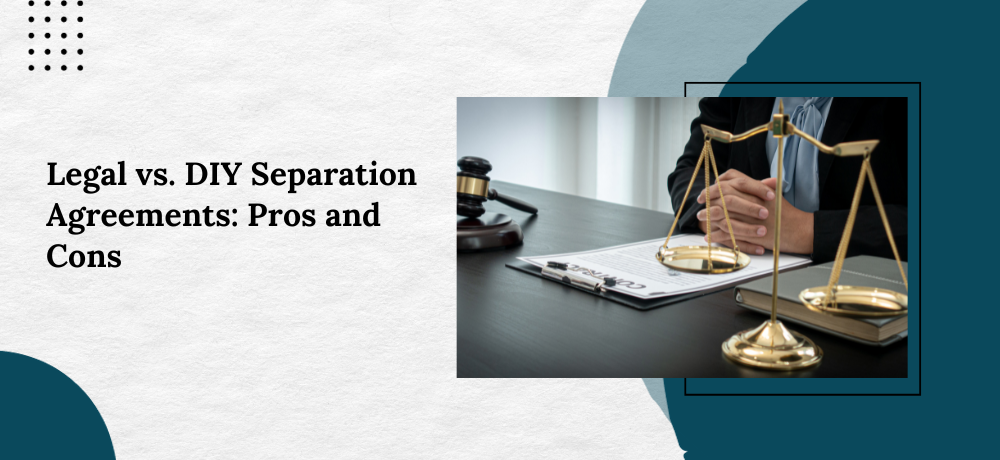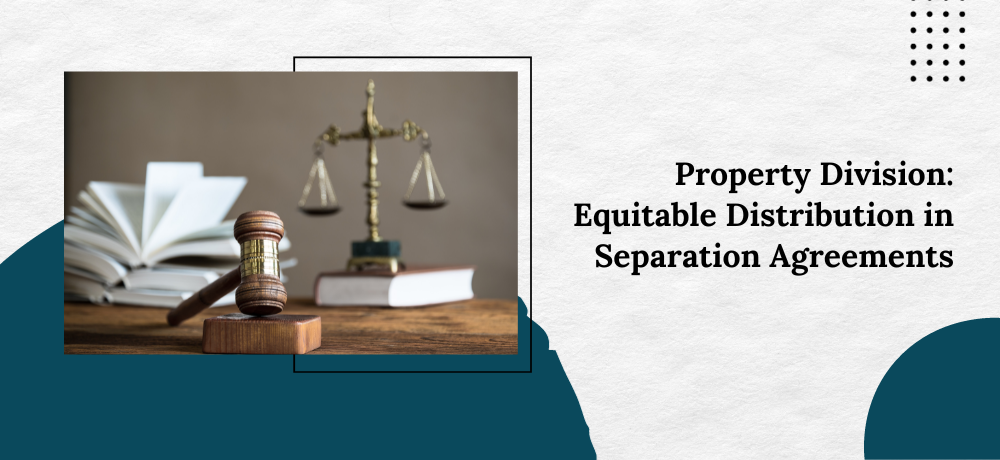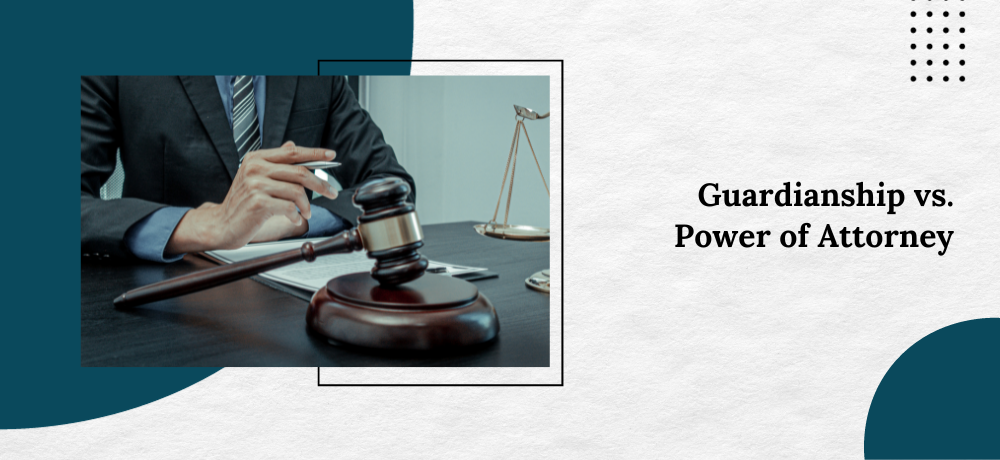
Navigating Child Custody: Ensuring Stability and Security for Your Family
Delve into the complexities of child custody and discover how to ensure a stable and secure environment for your family. This blog post guides you through the legal rights and responsibilities that come with custody arrangements, helping you make informed decisions. By focusing on your children's well-being, you can navigate the legal processes with confidence and clarity. Equip yourself with the knowledge to prioritize family stability and protect your loved ones' future.
How to Prepare for a Child Custody Hearing

Are you facing a child custody hearing and feeling overwhelmed about the process? Our step-by-step guide is here to help you navigate the complexities of the legal system with confidence and clarity. From understanding the key factors that courts consider to preparing essential documentation and presenting your case effectively, this guide provides you with the insights and strategies you need to advocate for your child's best interests. Whether you're a parent seeking custody or looking to modify an existing arrangement, this comprehensive resource equips you with the knowledge to approach your hearing with preparedness and peace of mind.
"Navigating Family Law as the Holidays Approach: Tips for a Peaceful Season."
The festive season, a time typically reserved for joy and family reunions, can often bring an additional layer of complexity for those navigating family law issues. As the holidays approach, the emotional and logistical challenges of divorce, child custody, and asset division can cast a shadow over what should be a season of peace. Understanding these challenges and preparing adequately can help mitigate stress and foster a more harmonious holiday period. Understanding the Emotional Dynamics During the Holidays The holidays are an emotionally charged time for many, especially for those in the midst of or recovering from family legal issues. The pressure…
Your Child's Best Interests: Advanced Approaches to Custody Agreements
Explore the complexities of child custody with our latest article, "Your Child's Best Interests: Advanced Approaches to Custody Agreements." This comprehensive guide offers expert advice on crafting custody agreements that prioritize the welfare of your children. Learn about modern techniques and legal insights that can help you navigate these sensitive negotiations. Whether you're just starting the process or looking to refine an existing agreement, this article is an indispensable resource for parents committed to achieving the best outcome for their children.
The Emotional Impact of Divorce on Children

Divorce is not just a legal dissolution of a marital union but a complex, emotional journey that affects all members of a family, especially children. In Canada, where family dynamics are as diverse as its population, understanding the emotional turmoil children face during and after a divorce is crucial. This blog post delves into the profound emotional impacts of divorce on children, offering insights and guidance to parents navigating this challenging terrain.
Legal Rights in Divorce for Common-Law Couples

The dynamics of relationships and marriages have evolved, and with these changes, the legal landscape has had to adapt. In British Columbia, common-law couples often face unique challenges and misconceptions regarding their rights in the event of a separation. It's crucial to understand that even without a formal marriage, you may have significant legal rights and responsibilities. This blog aims to demystify the rights of common-law couples during a separation, providing you with the essential knowledge to navigate this complex process.
Understanding Child Custody Law in British Columbia

When it comes to the welfare of children, the legal landscape can be particularly challenging to navigate. In British Columbia, child custody law aims to prioritize the best interests of the child, ensuring their well-being amidst the complexities of parental separation or divorce. This blog will delve into the intricacies of child custody law in British Columbia, offering a clear understanding for parents who are seeking the best possible outcomes for their children during these trying times.
Legal vs. DIY Separation Agreements: Pros and Cons

When it comes to separation agreements, you have choices: go the DIY route or seek legal assistance. In Vancouver, BC, Law Office of Gary Vlug specializes in family law, including separation agreements. This blog explores the pros and cons of both approaches. Deciding to part ways with your spouse is a challenging and emotionally charged process, and when it comes to the legalities of separation, the choices you make can have long-lasting consequences. One significant decision is whether to opt for a professionally crafted legal separation agreement or attempt a do-it-yourself (DIY) approach. While both options have their merits, they also come with distinct advantages and drawbacks that can significantly impact your future. In this blog, we will delve into the world of legal vs. DIY separation agreements, exploring the pros and cons of each, so you can make an informed choice that best suits your unique circumstances and needs during this challenging time.
Property Division: Equitable Distribution in Separation Agreements

Property division can be one of divorce or separation proceedings' most complex and contentious aspects. In many provinces, the principle of equitable distribution is used to determine how assets and liabilities should be fairly divided between spouses. This legal framework seeks to achieve a just and equitable outcome, taking into account various factors, including the length of the marriage, each spouse's financial contributions, and their respective needs. Separation agreements play a crucial role in this process, outlining the terms of property division and other related matters by agreement between the parties involved. In this blog, we will delve into the concept of equitable distribution within separation agreements, exploring how it works and what factors are considered to ensure a fair and balanced division of marital property.
Guardianship vs. Power of Attorney

Life can take unexpected turns, and there may come a time when you or a loved one need assistance in managing important personal and financial affairs. In such situations, two common legal mechanisms often come into play: guardianship and power of attorney (POA). While both serve the purpose of making decisions on behalf of someone else, they differ significantly in their scope, process, and implications. In Vancouver, BC, the Law Office of Gary Vlug specializes in family law, including guardianship and power of attorney matters. In this blog, we will explore the distinctions between guardianship and power of attorney, helping you grasp the essential details of each option so that you can make informed choices when planning for the future.